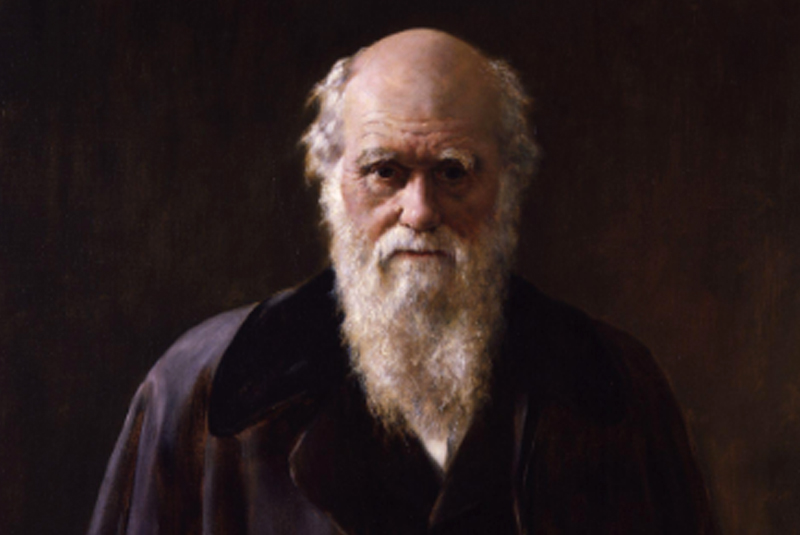It was Nicholas Copernicus who first proposed that the earth was not the centre of the universe, but it, in fact, revolved around the sun. It took over a century for the idea to sink in — a gradual and rather agonising transformation. The Darwinian perestroika has been no different, notwithstanding the fact that the old world, as the good bishops thought, crashed to pieces with the publication of The Origin of Species in 1859. Yet, after 138 years following Charles Darwin’s death, one is yet to come to terms with its mind-boggling implications.
Agreed, that, science has been exemplarily global in the development and progression of the Darwinian doctrine, unlike the Copernican proposition which did not fascinate public attention early on. What is, however, most remarkable in the Darwinian mindset is its monumental strength; a power that was and is being recognised instantly by scientists, thinkers, and others, who have also been taking sides ever since Darwin’s brilliant musings saw the light of the day — what with large gaps in his theory having recently been filled in.
One may also, likewise, ‘picture’ Immanuel Kant’s famous credo of the possibility of apes becoming men, just as much as Jean-Baptiste Lamarck’s theory that species had evolved from simpler forms by the inheritance of the effects of use and disuse; or, for that matter, Johann Wolfgang Goethe’s articulation of the ‘metamorphosis’ of plants. Flash-forward. This leads us to Daniel Dennett’s Darwin’s Dangerous Idea: Evolution and the Meanings of Life, published exactly 25 years ago, which bids fair to one inescapable fact. Dennett, a distinguished Professor of Philosophy writes:
-30-
Copyright©Madras Courier, All Rights Reserved. You may share using our article tools. Please don't cut articles from madrascourier.com and redistribute by email, post to the web, mobile phone or social media.Please send in your feed back and comments to [email protected]











